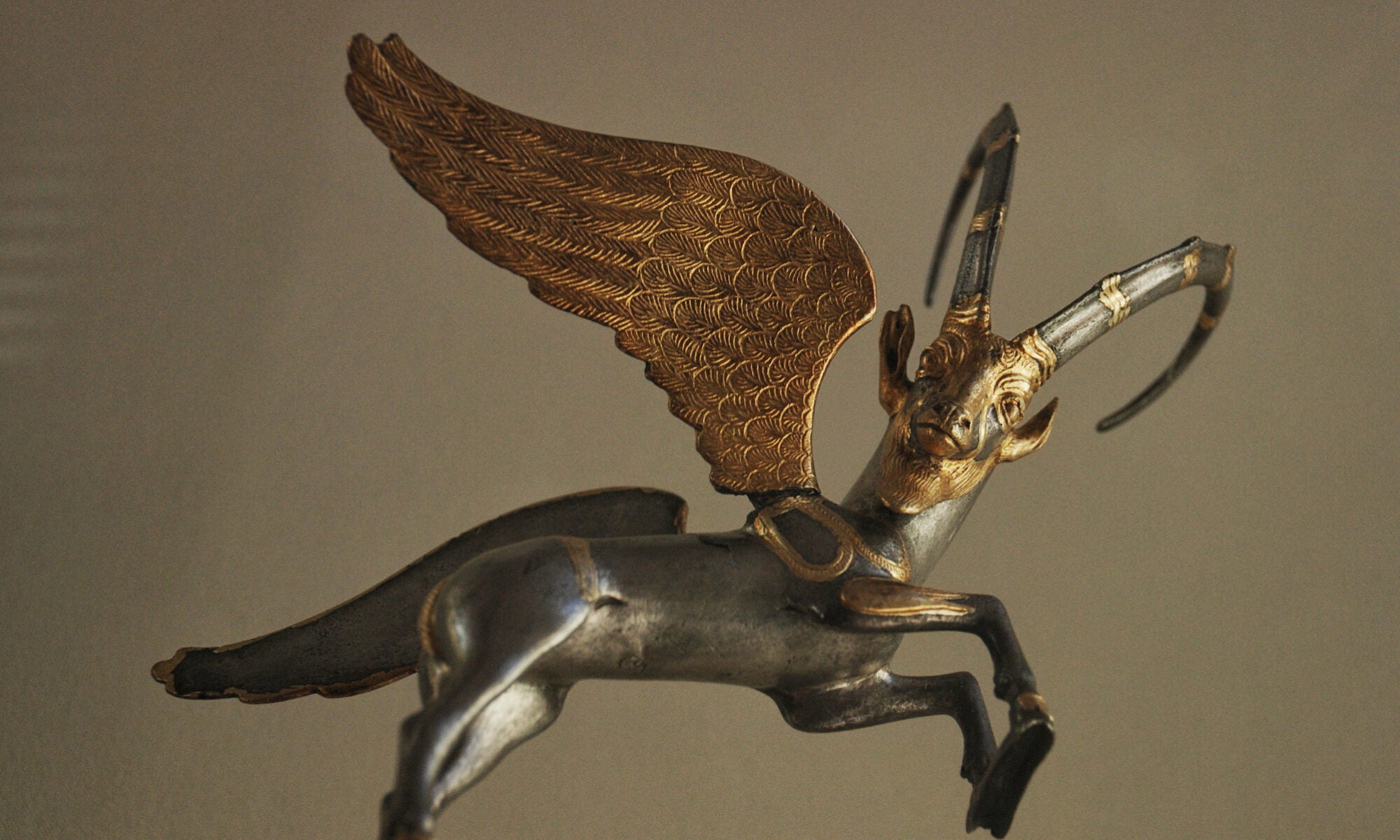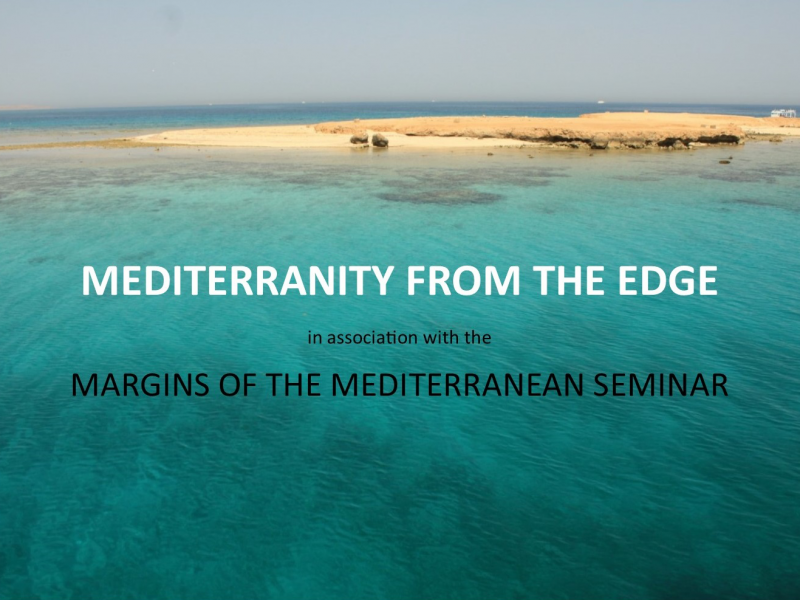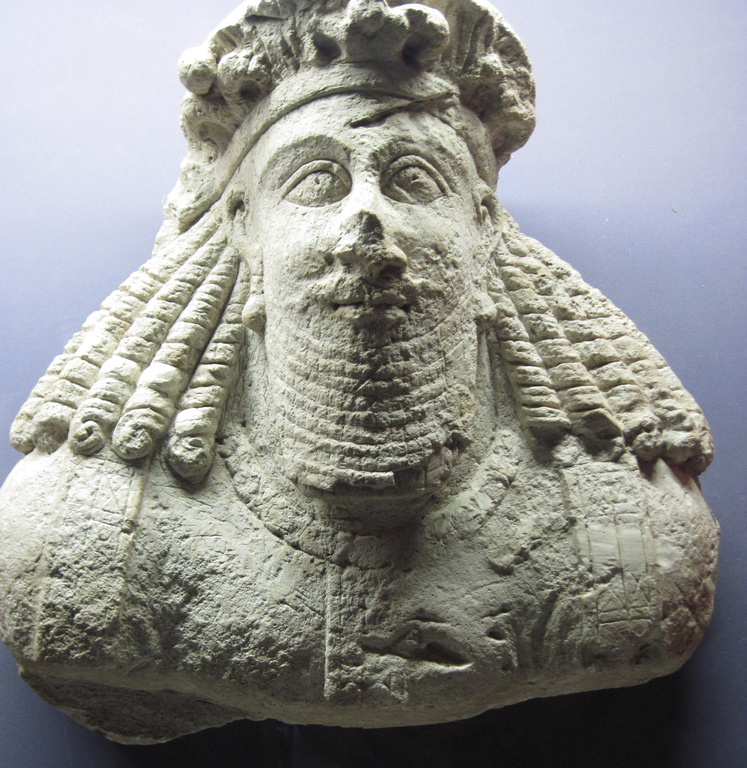We are very excited to announce the program for the 2018 Great Lakes Adiban Workshop, an intercollegiate organization of which the University of Michigan is an important participant, scheduled to take place at the University of Chicago, October 5–6. The program is attached below, and you can visit https://greatlakesadiban.github.io/ for more information about the Adiban and their goals.
Time: Saturday–Sunday, October 6–7, 9:30am–5:00pm
Location: 3rd Floor Lecture Hall / Swift Hall, 1025 E 58th St, Chicago, IL 60637
Program Schedule
Saturday, Oct. 6
9:30–10:10 / Kaveh Hemmat (Benedictine U) – China in the Iranian Epic Tradition (1000-1500): Cultural Geography and the Concept of Adab
10:15–10:55 / Aria Fani (U of California, Berkeley) – What is Adabiyat? The Genealogy of a Discourse of Literature (1860-1960)
11:00–11:40 / Paul Losensky (Indiana U) – Why Kings Need Poets: Negotiating Identity and Patronage in the Saqi-nameh of Zohuri Torshizi
Lunch Break
1:00–1:40 / Ali Noori (U of Pennsylvania) – Sabk-i Hindi or Tāza-Gū’ī: Reading Sahābī Astarābādī Today
1:45–2:25 / Shaahin Pishbin (U of Chicago) – Mīrzā Jalāl Asīr and the Poetics of the “Imaginative Style” (Ṭarz-i Khayāl)
Coffee Break
2:45–3:25 / Ayelet Kotler (U of Chicago) – Clear Meaning, Simple Persian: A Philological Inquiry into a Mughal Translator’s Work
3:30–4:10 / Pouye Khoshkhoosani (Northwestern U) – Shi‘ism and Kingship in Safavid Court Poetry
4:15–4:55 / Zahra Sabri (McGill U) – Three Shi‘a Poets: Sect-related Themes in Pre-modern Urdu Poetry
Sunday, Oct. 7
9:30–10:10 / Cameron Cross (U of Michigan, Ann Arbor) – “I Know It When I See It”: Towards a Theory of the Romance Genre
10:15–10:55 / Rachel Schine (U of Chicago) – Nourishing the Noble: A Tale of Breastfeeding and Hero-Making in Arabic Popular Literature
11:00–11:40 / Allison Kanner (U of Chicago) – Majnun’s Animal Kingdom: Desert Wanderings in the Kitāb al-Aghānī and Niẓāmī’s Laylī o Majnūn
Lunch Break
1:00–1:40 / Esraa al-Shammari (U of Pennsylvania) – Images Dispossessed: Tīh of Tropes in Abū Tammām’s Ghazal
1:45–2:25 / Sabeena Shaikh (McGill U) – Selfhood or Seduction: Reading Urdu Poetry as ‘Autobiography’
Coffee Break
2:45–3:25 / Alexandra Hoffmann (U of Chicago) – Cross-dressing in Samak-e ʿAyyār
3:30–3:50 / Samuel Lasman (U of Chicago) – In the Maw of the Nahang: Sea Monsters and Subjectivity in Classical Persian Epic
4:15–4:55 / Open discussion, matters arising, future plans
 I just got back from a conference in honor of the late Dr. Heshmat Moayyad, who taught my mentor Frank Lewis and many other of my close colleagues. I had also studied with him for a couple of years before his retirement, and gave a short paper on the Arabic sources of early Persian romances, a topic I hope he would have liked. یادش به خیر.
I just got back from a conference in honor of the late Dr. Heshmat Moayyad, who taught my mentor Frank Lewis and many other of my close colleagues. I had also studied with him for a couple of years before his retirement, and gave a short paper on the Arabic sources of early Persian romances, a topic I hope he would have liked. یادش به خیر.







